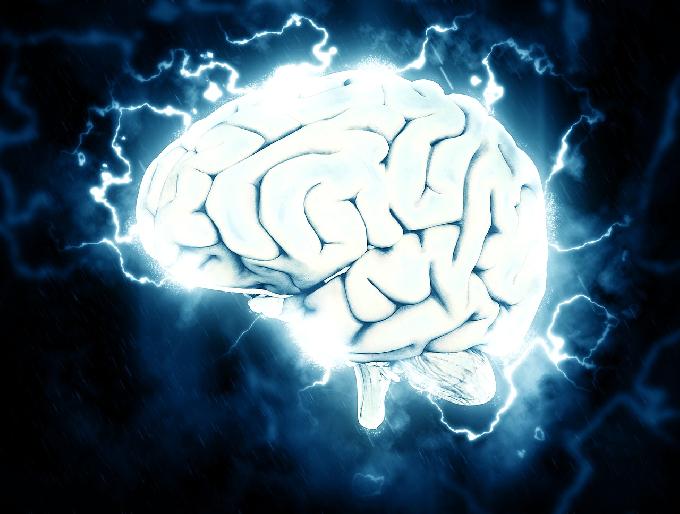Does the human brain resemble the Universe?
An astrophysicist at the University of Bologna and neurosurgeon at the University of Verona teamed up to compare the network of galaxies with the network of neurons in the human brain.
The study explored the differences and similarities between two of the most complex systems with an overwhelming size difference. And surprisingly, they discovered that the two complex systems are strikingly alike.
Researchers discovered that despite being different in scales, the structure is remarkably similar
- The human brain has about 69 billion neurons, whereas the universe is expected to have at least 100 billion galaxies.
- Galaxies form about 30% of the universe’s mass and so as the neurons that also form 30% of the brain’s mass.
- The remaining 70% of the mass is dark energy in galaxies and is water in the human brain.
- Both galaxies and neurons arrange themselves in long branching filaments.
Vazza explained, “We calculated the spectral density of both systems,”
“This is a technique often employed in cosmology for studying the spatial distribution of galaxies.”
“Our analysis showed that the distribution of the fluctuation within the cerebellum neuronal network on a scale from 1 micrometer to 0.1 millimeters follows the same progression of the distribution of matter in the cosmic web,” he added, “but, of course, on a larger scale that goes from 5 million to 500 million light-years.”
Researchers are hopeful that their study could lead to new analysis techniques in both cosmology and neurosurgery. They foresee that it might help scientists to better understand how these structures have evolved.







